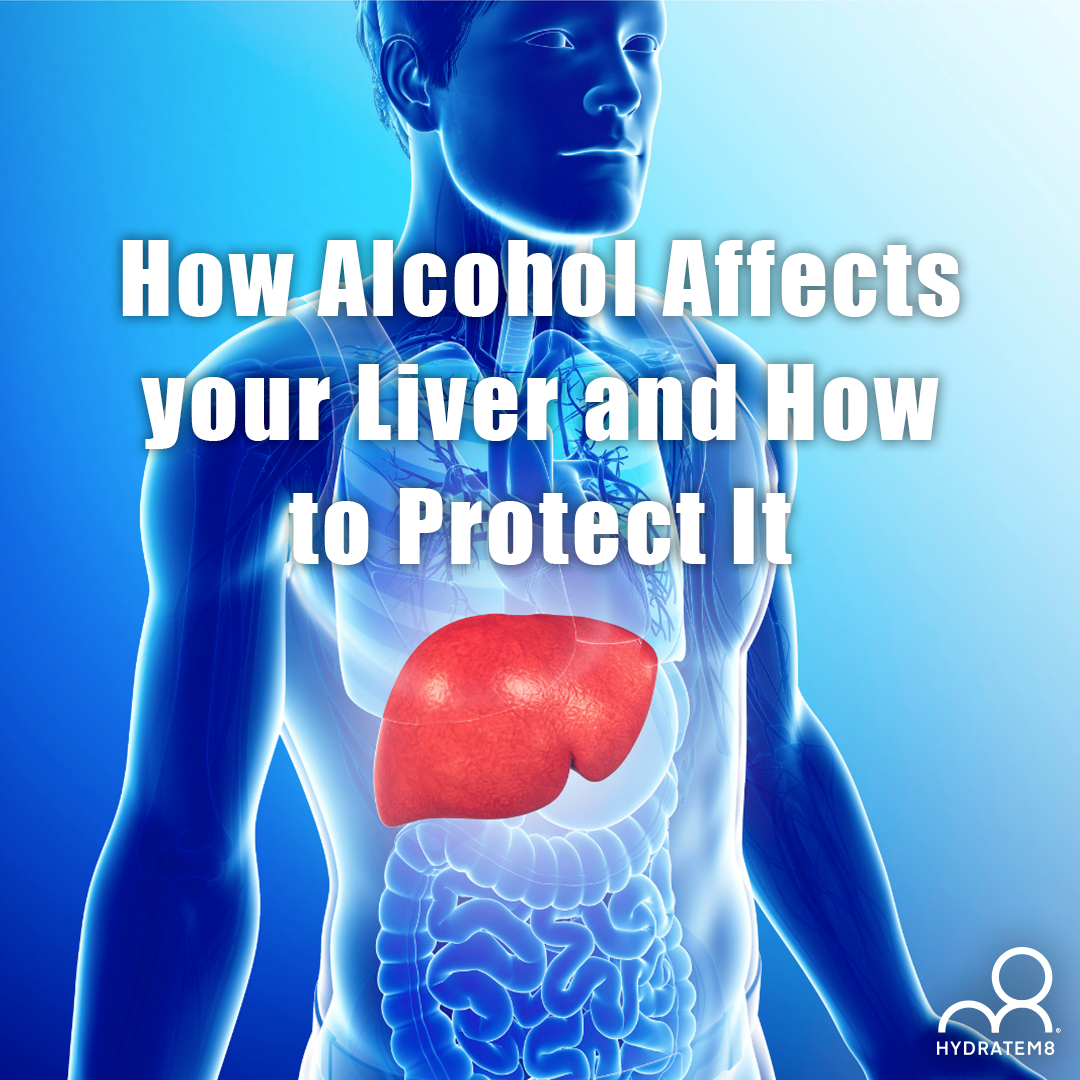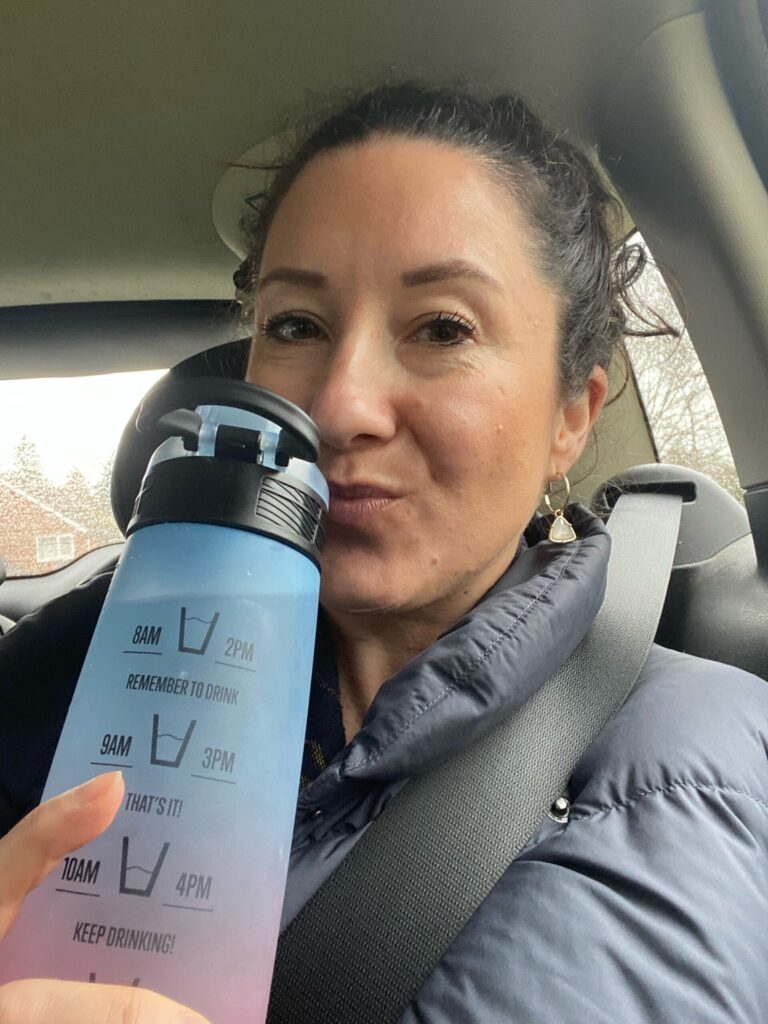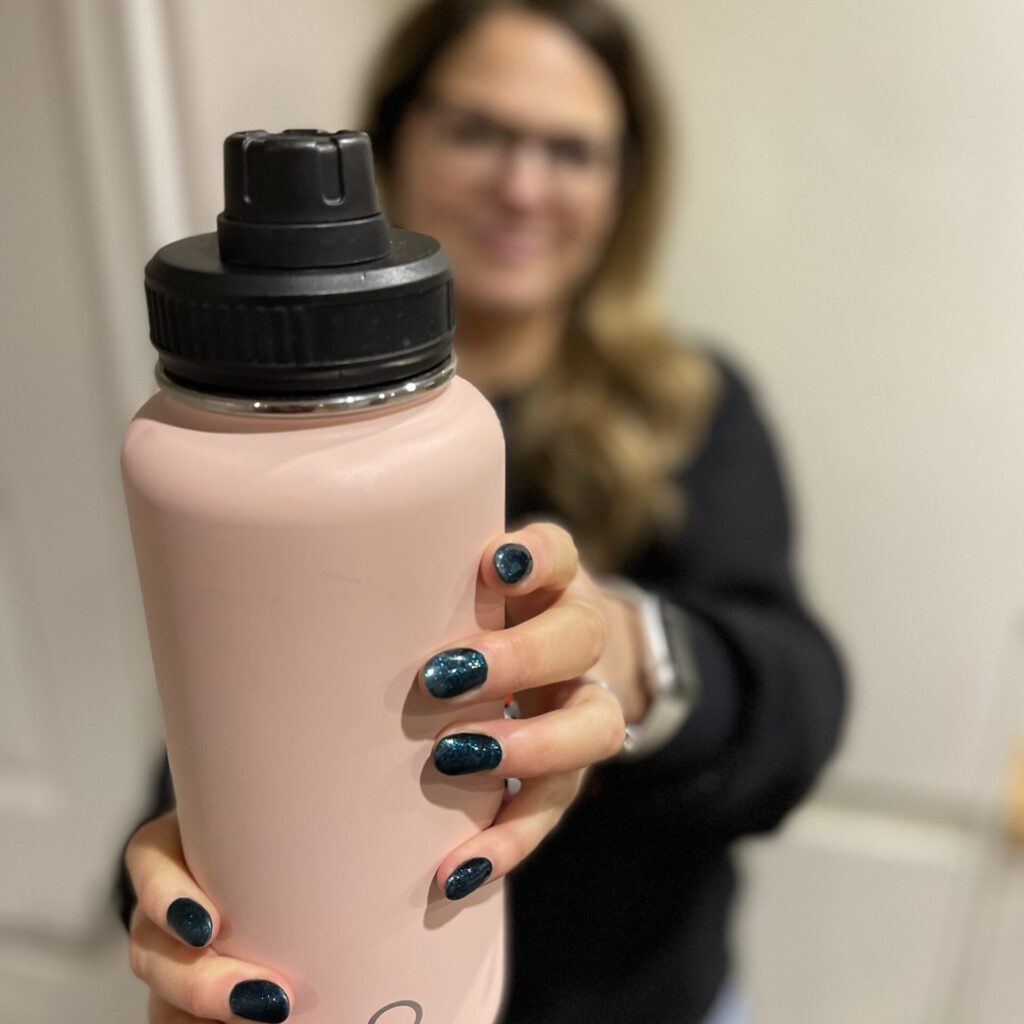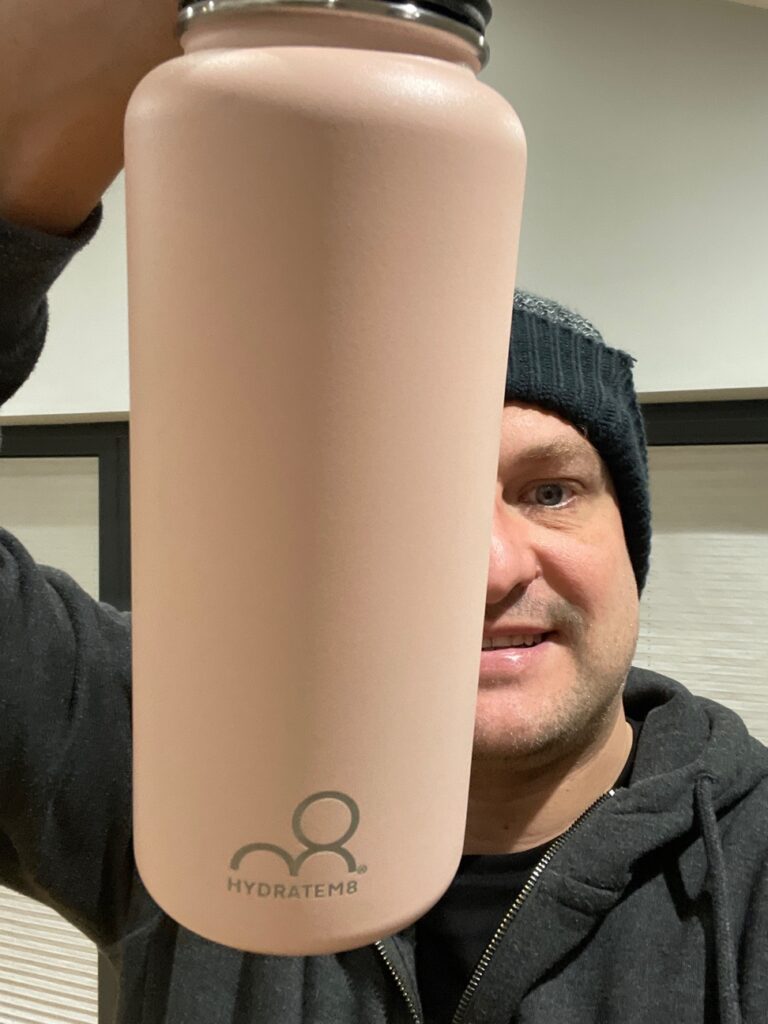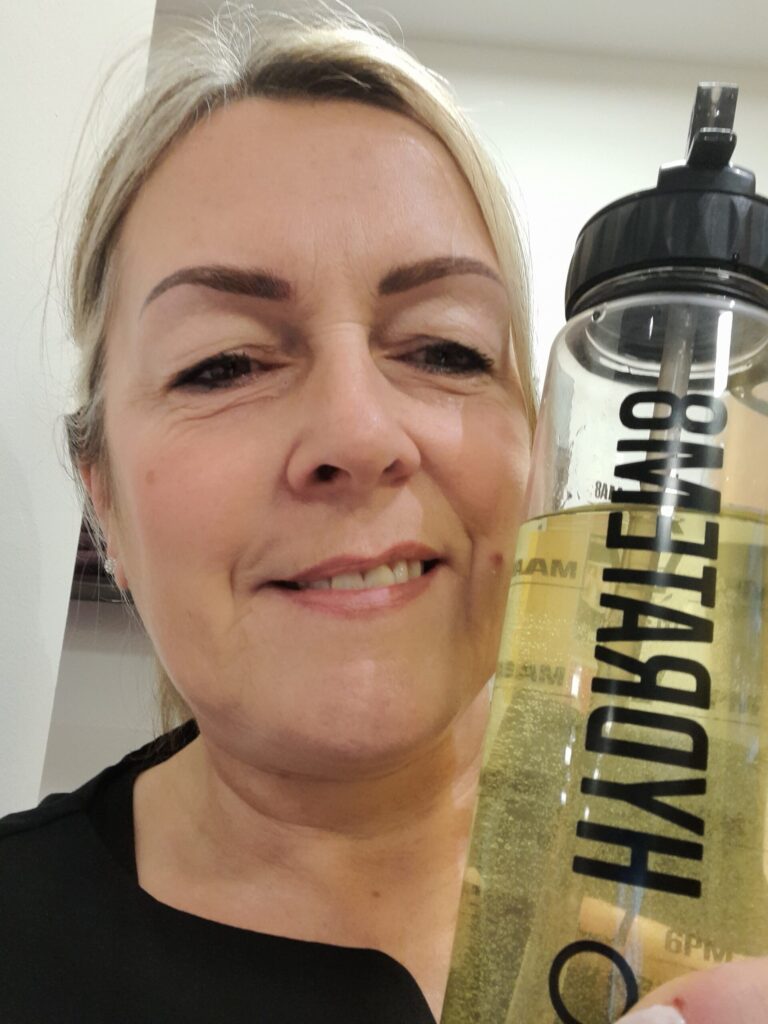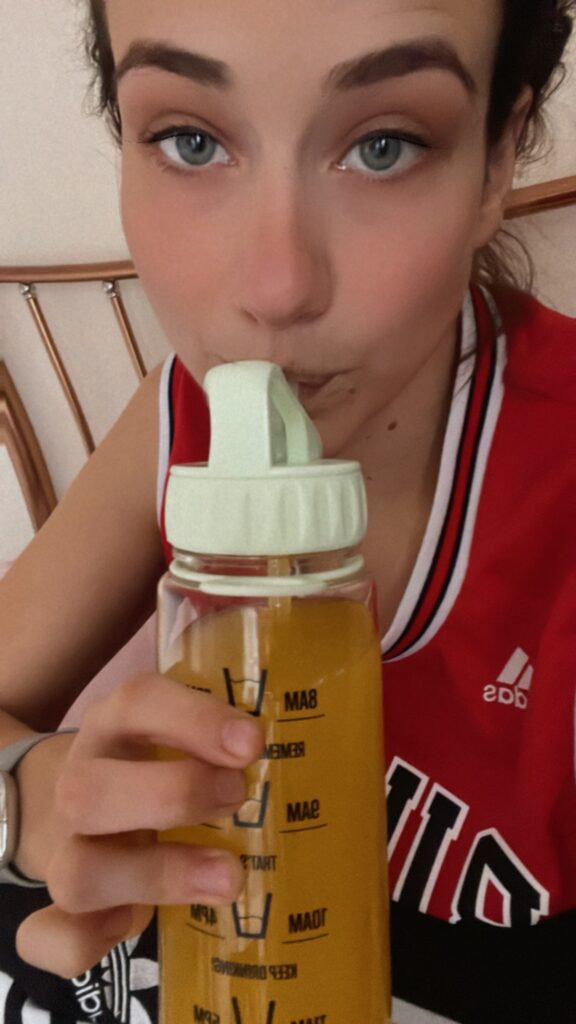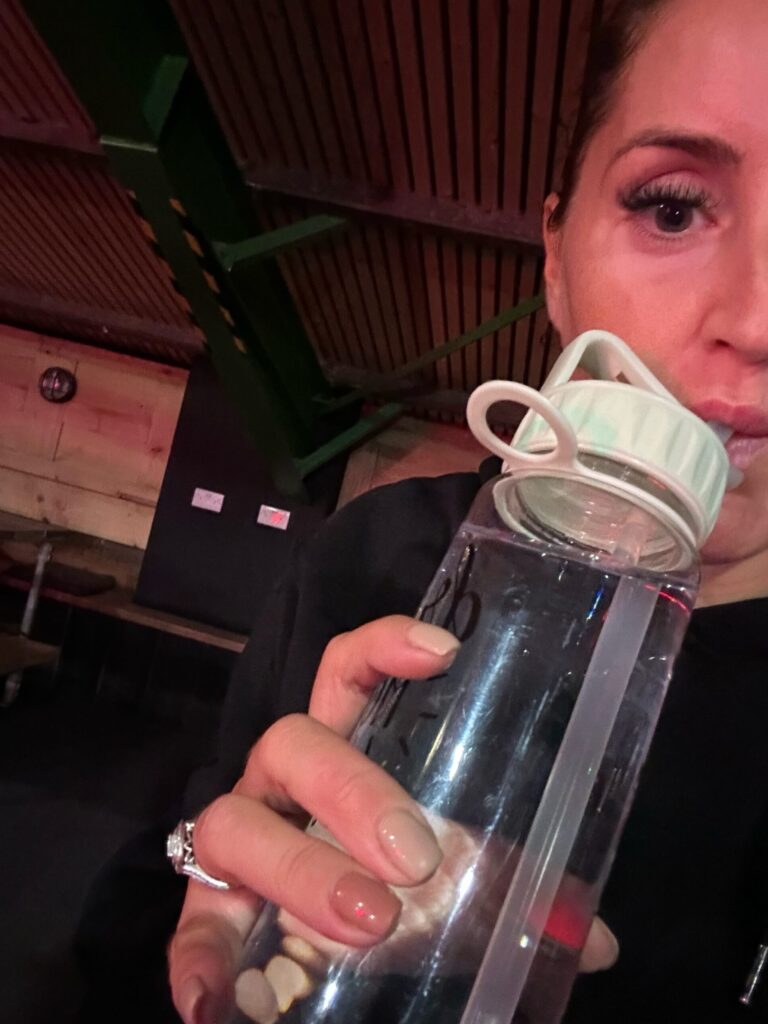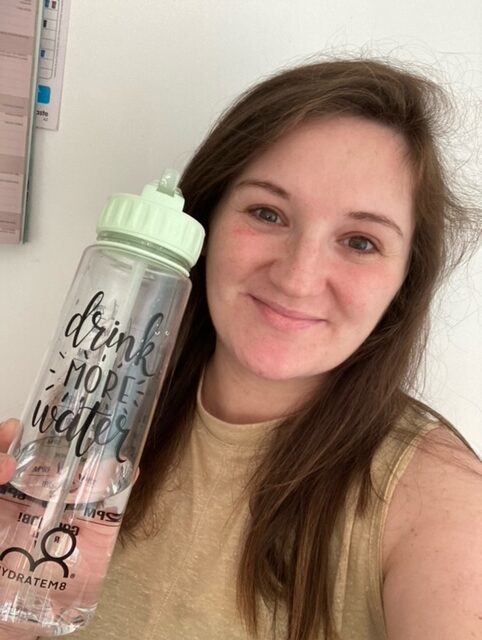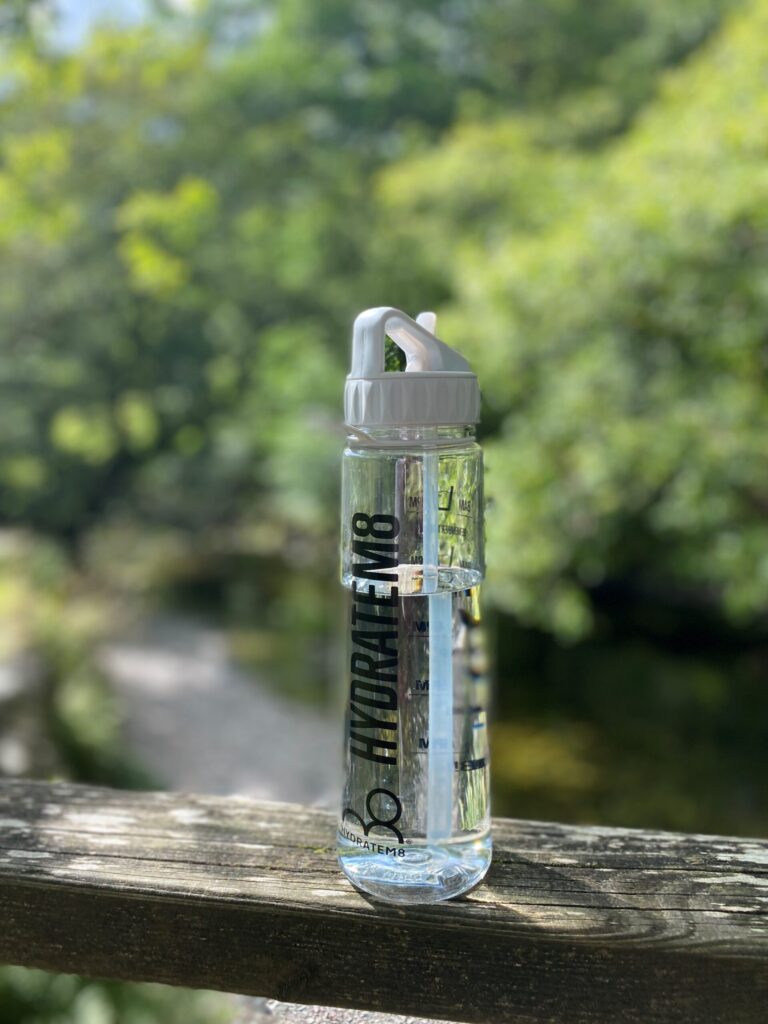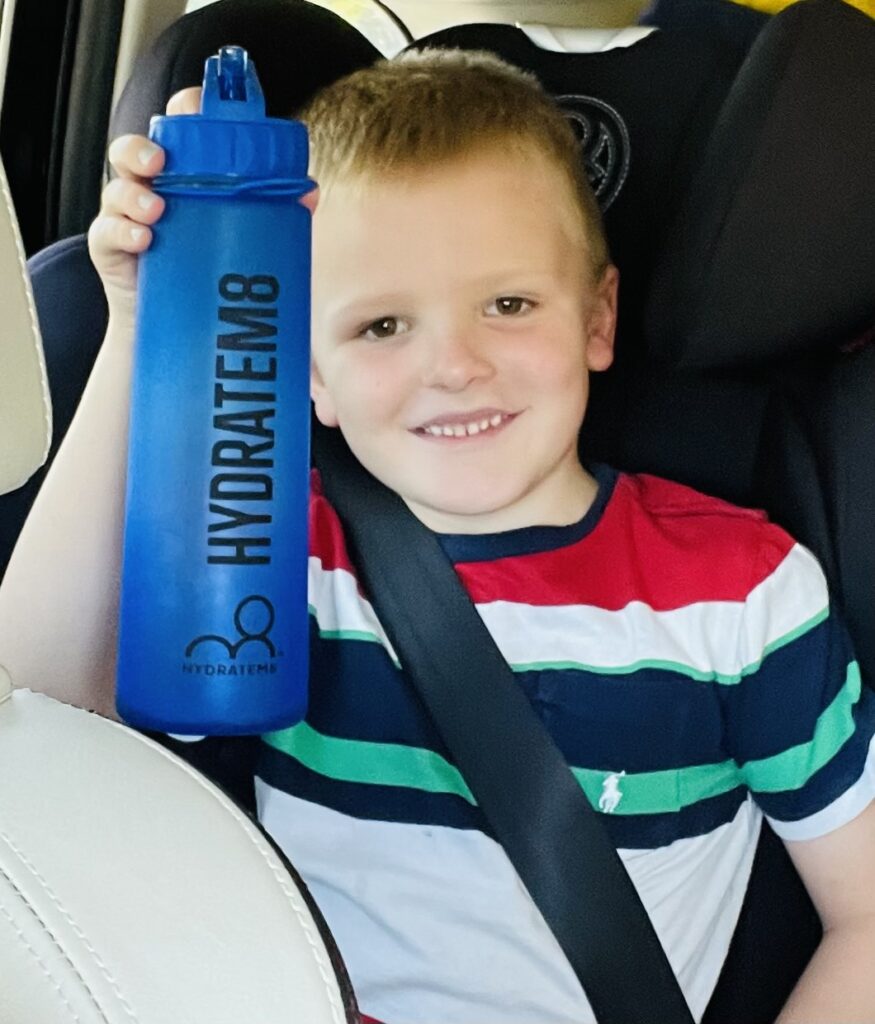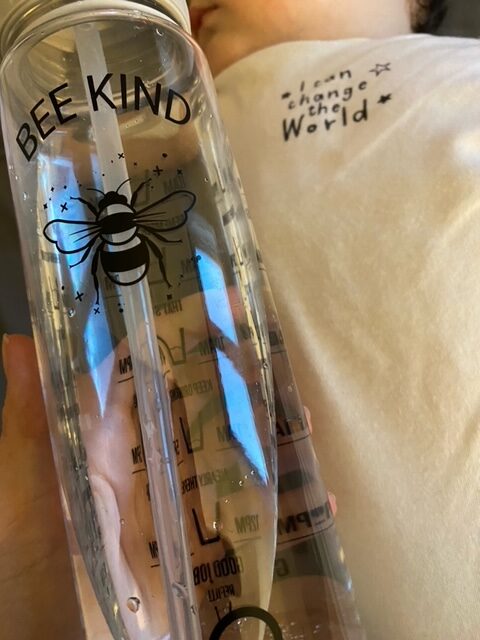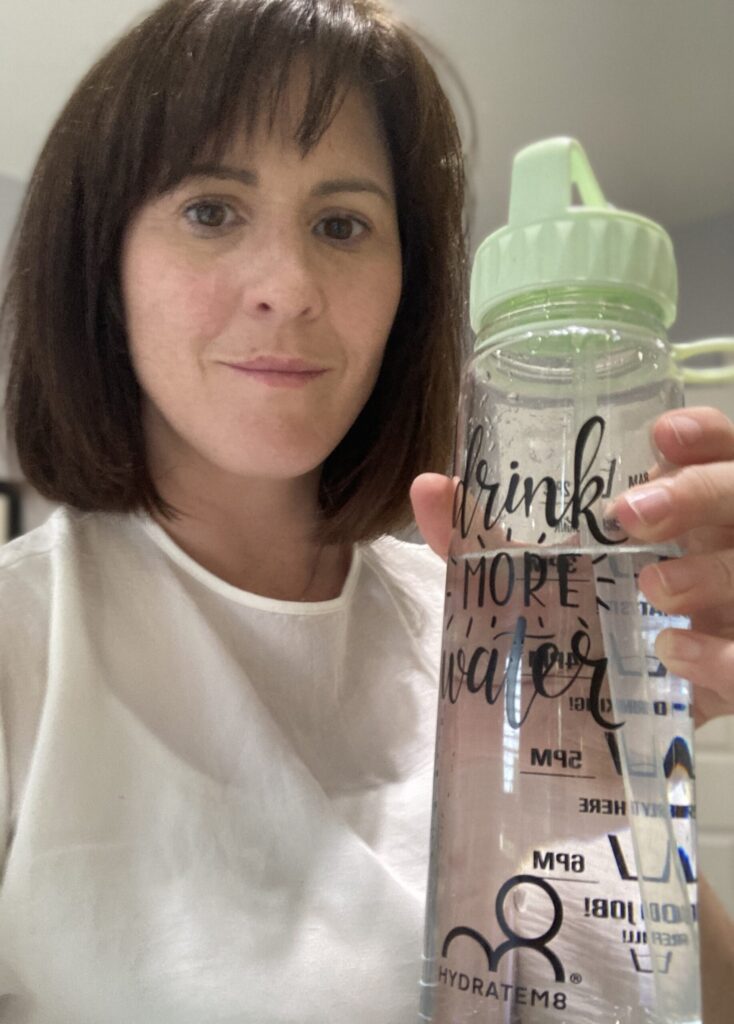The liver is regarded as a tough organ and is the only organ in the body which can regenerate itself. However, as robust as it might be, drinking excessive amounts of alcohol can cause damage. Here’s why.
What role does the liver play in the body?
The liver is the largest solid organ in the human body. In adults, it is approximately the size of a football and has numerous functions including roles in metabolism and immunity as well as detoxification. Humans cannot survive without a functioning liver.
The main functions of the liver are:
- breaking down substances and converting them into others
- detoxifying harmful substances to make them less harmful and remove them from the body
- balancing energy metabolism.
The liver can carry out its important jobs because blood is delivered via the hepatic portal vein and carries the nutrients acquired from the digestive system. The cells of the liver, called hepatocytes, then filter the blood.
What does alcohol do to the liver?
When we drink alcohol, it enters the stomach and intestines where it is then absorbed into the bloodstream. It then passes through the liver and the rest of the body. It is the job of the liver cells to break the alcohol down into other chemicals which are then converted into water and carbon dioxide. The waste products can then be removed from the body via the urine and lungs when you exhale.
The odd alcoholic drink here and there shouldn’t cause your liver too much harm but if it is continuously processing large amounts of alcohol, then the other functions of the organ can be negatively affected. Drinking lots of alcohol can lead to liver damage. There are 3 stages of liver damage:
- Fatty liver
- Alcoholic hepatitis
- Alcoholic cirrhosis
The liver can regenerate
The liver has an amazing ability to regenerate itself. That means after an injury or surgery to remove part of it, the liver can grow back. After just one week, the liver can return to its pre-surgery weight after having 2/3 of it removed.
How to protect your liver
Approximately 2% of deaths in the UK are a result of liver disease and over 33% of these are believed to be alcohol related.
The best way to reduce or prevent liver damage is to reduce your alcohol intake or if needed, stop completely. Dry January is a great way to reassess your relationship with alcohol as it encourages you to take a month off alcohol.
The UK’s Chief Medical Officer recommends drinking no more than 14 units of alcohol per week. That’s approximately 6 pints of lager or 1.5 bottles of wine. Rather than drinking this all in one go, you should spread this over at least 3 days and have alcohol-free days in between.
If you are a heavy drinker, you shouldn’t just stop drinking as this can be dangerous. Instead, consult your GP for advice about how to reduce your alcohol intake.
Stay Hydrated
Remember to keep yourself hydrated. Alcohol is a diuretic, so it will make you pee more often. That means you are at risk of losing more fluid than you are taking in. So, when you are drinking alcohol, drink glasses of water in between drinks. It’s also vital to keep your water intake up even when you are not drinking alcohol to prevent dehydration. Our Hydratem8 tracker bottles are the perfect companion to keep your fluid levels up and motivate you to take small sips of water throughout the day.

